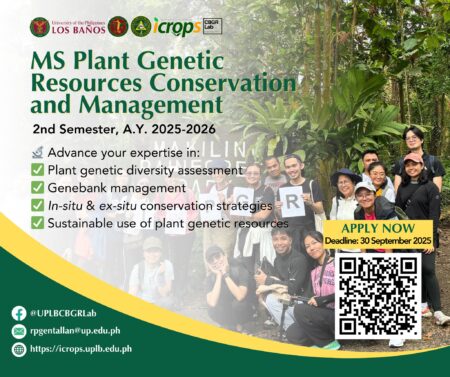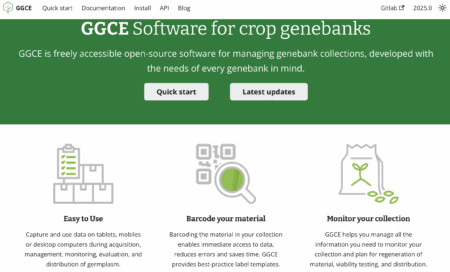I recently came across a few interesting resources that I’d like to share.
Bangor University has a publication out that might be useful to people doing research — or perhaps even implementing projects — having to do with in situ conservation: Conservation social science: A handbook for conducting research on rule breaking in conservation.
Understanding who follows rules and why, is pivotal for shaping and informing the design of conservation policy and strategies on the ground. If based on erroneous assumptions, sustainable solutions are unlikely to be realised. Conservation scientists need skills and methods that help them understand the prevalence and drivers of illegal activities.
I never really thought about it, but yeah, I guess they do. In any case, always a good idea for biology-focused conservationists to brush up on social science methods.
I’m not sure if the Center for Plant Conservation’s Applied Plant Conservation Course deals with rule-breaking explicitly, but Module V: Common Reasons for Reintroduction/Mitigation Failure might well cover it to some extent.
And finally, Kew has a cryopreservation course in the works for November 2025. And a more general seed conservation techniques course for October. No illegal activities are envisaged.

